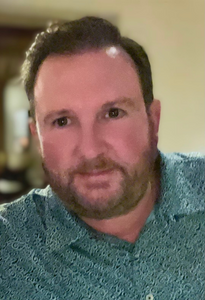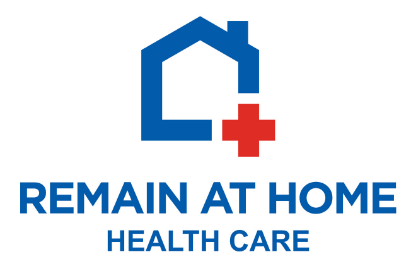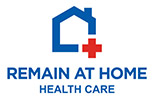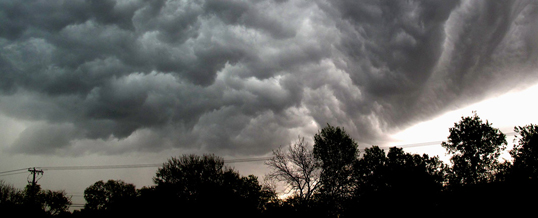For some of us more imaginary types, the word “disaster” immediately conjures up visions from a Bruce Willis or Will Smith movie: fiery infernos, killer tornadoes, even invaders from another planet. For others, Hurricane Katrina or 9/11 comes to mind.
Yet there are plenty of disasters that are far more common and can be equally as dangerous to seniors: grease fires, snowstorms, excessive rain, broken pipes, and slick or uneven surfaces. These kinds of “everyday” catastrophes are most likely to happen at home and require an up-to-date, easy-to-follow disaster plan.
The American Red Cross suggests that the most important part of a senior’s safety plan is a personal support network of family and friends who will regularly check in on the senior and can provide assistance immediately in case of an emergency.
All seniors should have an easily-accessible list of emergency contacts with a minimum of three people they can call in every place they regularly spend time. Most essential is access to a cellular phone (there are some very inexpensive phone plans for “emergency use only”). A cell phone is especially important in case of a power outage, since most “house phones” work via electricity.

Brian Carrigan
Founder & Co-Manager
Other parts of an emergency plan should include: exchanging all relevant keys; revealing the location of emergency supplies; sharing copies of evacuation plans; keeping your emergency network members apprised when you leave town and when you return; and lastly, in regards to your personal support network, viewing your friends and family as a mutual-aid society and helping each other whenever possible (and not only in the time of a disaster).
Statistically speaking, folks who have lived six or more decades have probably experienced a disaster or two in their lifetimes, so consider seniors themselves a resource when creating a readiness plan. But it’s also important to remember that the older we are, the more vulnerable we become – due to impaired sensory awareness and physical mobility.
All of us want to feel safe and comfortable in our own homes no matter the disaster, so I will leave you with this old adage: “Failing to plan is planning to fail.” And another: “Let’s be careful out there.”
 RAH in the News – OnlineAthens
Prev post
RAH in the News – OnlineAthens
Prev post



